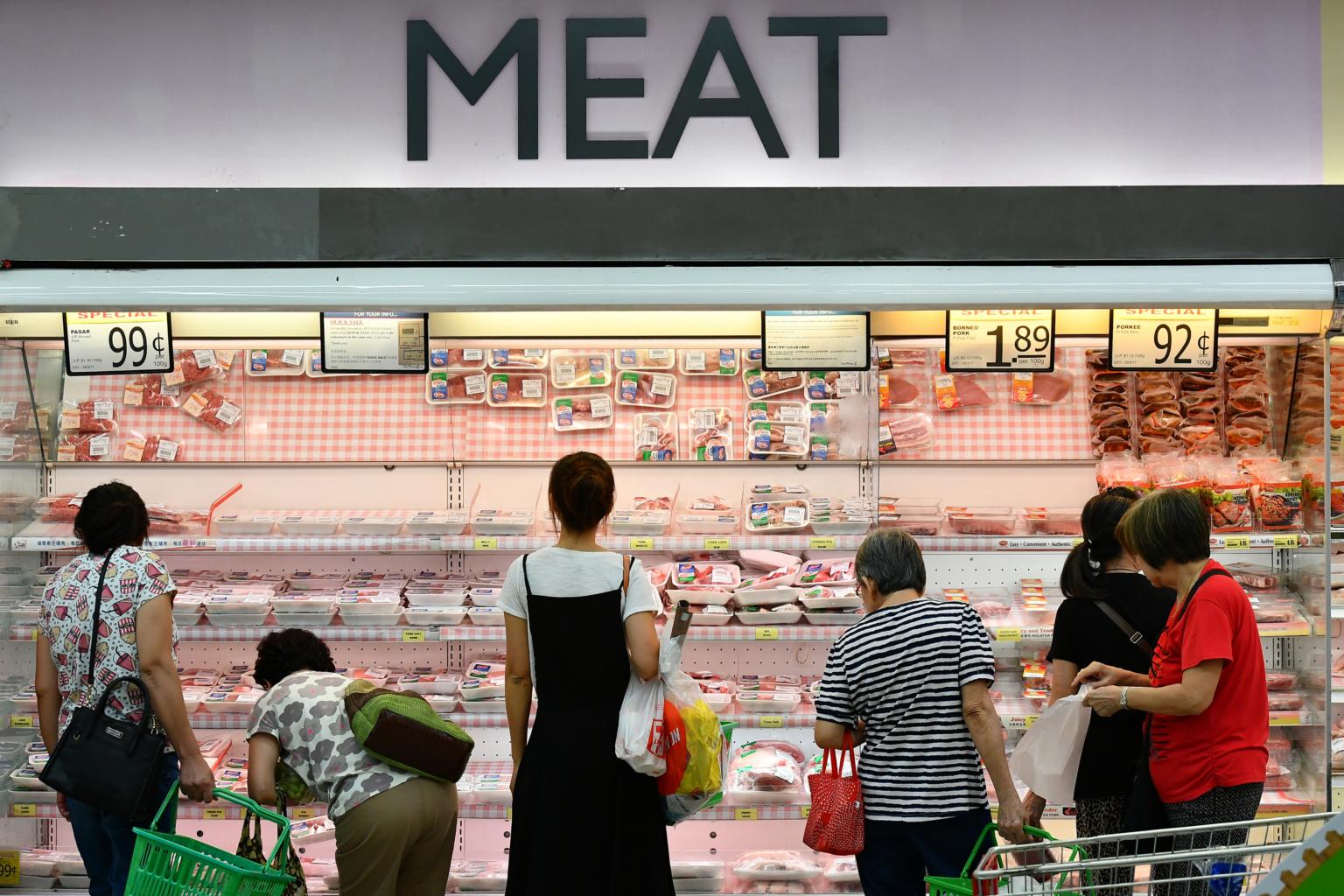Beef supply from Brazil to Singapore not affected despite suspension of exports to China
Sign up now: Get ST's newsletters delivered to your inbox

The SFA said that accredited sources in Brazil can continue to export beef to Singapore.
PHOTO: ST FILE
Yeo Shu Hui
Follow topic:
SINGAPORE - Singapore is not affected by beef imports from Brazil despite the suspension of beef exports from the South American country to China.
This comes after Brazil's Agriculture Ministry said last Saturday (Sept 4) that two cases of atypical mad cow disease were found in two separate domestic meat plants.
In response to queries from The Straits Times, the Singapore Food Agency (SFA) said that accredited sources in Brazil can continue to export beef to Singapore.
An SFA spokesman said there are two types of the cattle disease, bovine spongiform encephalopathy (BSE) - classical BSE and atypical BSE.
Classical BSE is known to be transmissible to humans, which causes the brain-destroying variant Creutzfeldt-Jakob disease (vCJD) - also known as human mad cow disease. This typically happens when cattle consume contaminated feed.
Atypical BSE naturally and sporadically occurs in cattle populations at very low rates. There is no evidence that atypical BSE is transmissible.
The SFA spokesman added that BSE is a disease for which the World Organisation for Animal Health (OIE) has established official recognition of sanitary risk status in countries.
The BSE risk status applies only to classical BSE and not atypical BSE because atypical BSE is believed to occur spontaneously in all cattle populations at a very low rate and is not known to be zoonotic, nor of food safety concern.
Thus, the recent case of atypical BSE in Brazil will not have an impact on the risk status of Brazil.
SFA said that it follows the guidelines and standards set by the OIE for importing beef to Singapore, including the official recognition of BSE risk status of countries.
The agency added that only countries accredited by SFA can export beef and beef products to Singapore.
Accredited beef sources are required to adopt control measures to prevent the spread of any type of BSE, such as removal of specified risk materials from carcasses and ensuring that meat does not come from infected animals or from animals of the same cohort as an infected animal.
Singapore's main sources of beef last year came from Brazil (55 per cent) and Australia (27 per cent). The rest was split among 12 countries, including the United States and New Zealand.
The SFA spokesman said: "SFA will continue to monitor international developments in animal health and food safety, and will manage import conditions accordingly."

